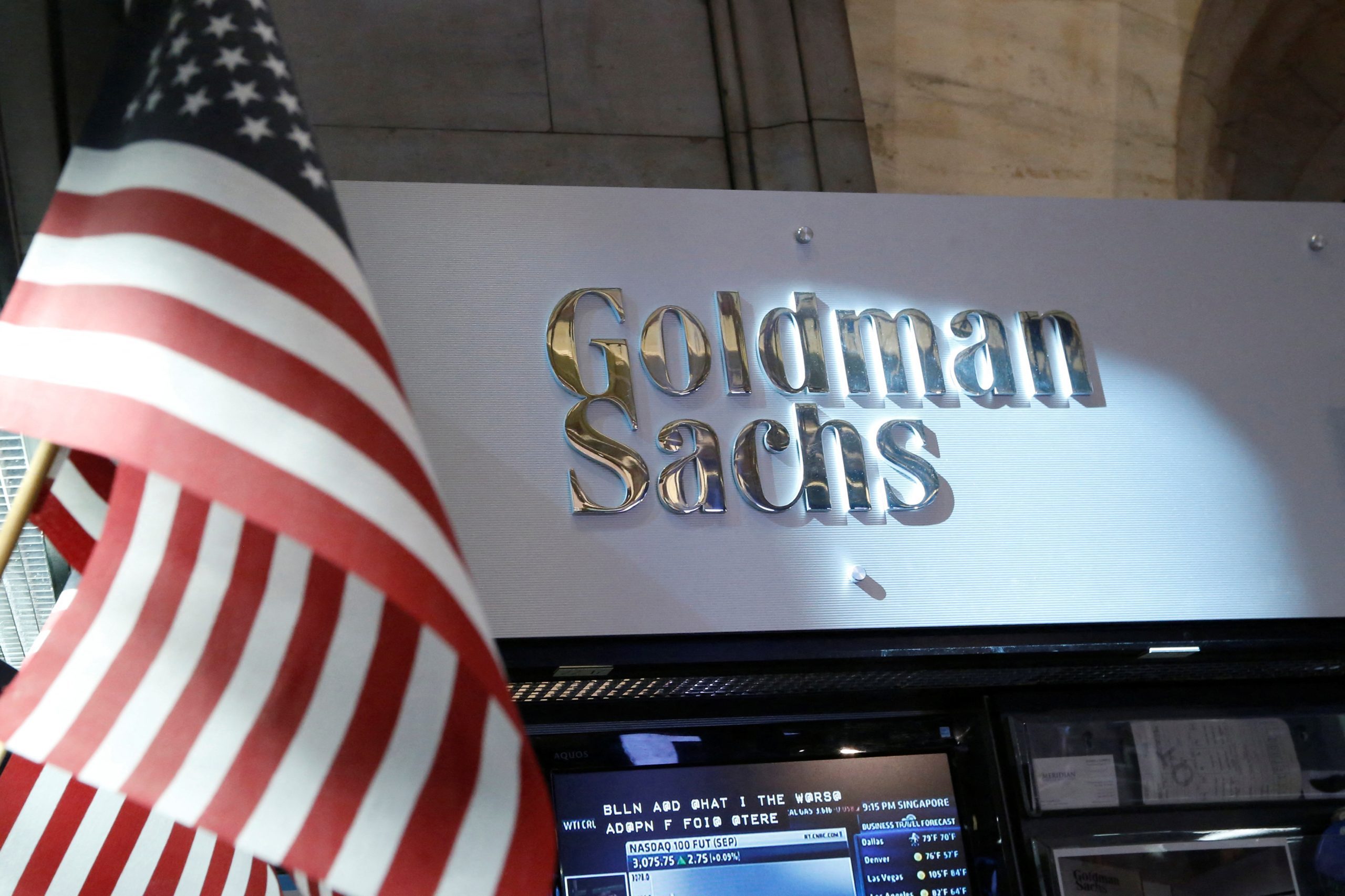Goldman Sachs CEO David Solomon’s recent directive for employees to return to the office five days a week has sparked speculation and concerns about potential layoffs within the company.
Before the official announcement of the “gentle reminder” about the five-day office requirement earlier this week, some Goldman bankers were already planning to increase their in-office presence following Labor Day. This proactive move, according to sources, is driven by renewed fears of impending layoffs.
Goldman Sachs had recently carried out a significant round of layoffs in June, resulting in the termination of 250 employees, including 125 managing directors. In January of the same year, Solomon initiated a substantial reduction in workforce, cutting 3,200 jobs, marking the largest reduction since the 2008 financial crisis. This event was ominously referred to as “David’s Demolition Day” by employees.
While Goldman Sachs has not officially announced any further layoffs for the year, recent reports of job cuts at Charles Schwab have triggered concerns that the trend could spread to other financial institutions.
Employees, anticipating potential layoffs, are now expected to return to the office in larger numbers. This anticipated increase in in-office attendance is driven by a sense of job security uncertainty.
Year-end bonuses
However, should layoffs not materialise, another concern looms in the form of potentially disappointing year-end bonuses. This apprehension is connected to a decline in dealmaking activity, particularly in the realm of initial public offerings (IPOs).
Despite the market’s overall optimism, IPO activity has not picked up significantly following Cava’s successful IPO. The hope had been that Cava’s success would encourage other companies to follow suit, potentially sparking a new bull market.
While some bankers are eagerly awaiting the progress of deals, others view the current summer lull as expected and argue that it is premature to draw any definitive conclusions.
Kristi Marvin, founder and CEO of SPACinsider, has noted that the most promising companies for IPOs might not be the first to go public. Additionally, she pointed out that company valuations have suffered since 2021.
The prevailing hope is that the market will regain stability, and volatility will decrease in the coming months, particularly by September, which many believe will be a better indicator of increased activity.
Meanwhile, some employees who have been working in the office five or even six days a week throughout the summer have expressed confusion and frustration over the disparity in leniency granted to their colleagues.



 News3 days ago
News3 days ago


 Shows3 days ago
Shows3 days ago


 Leaders3 days ago
Leaders3 days ago


 News3 days ago
News3 days ago


 Docos5 days ago
Docos5 days ago


 Leaders4 days ago
Leaders4 days ago


 Leaders4 days ago
Leaders4 days ago


 News2 days ago
News2 days ago





